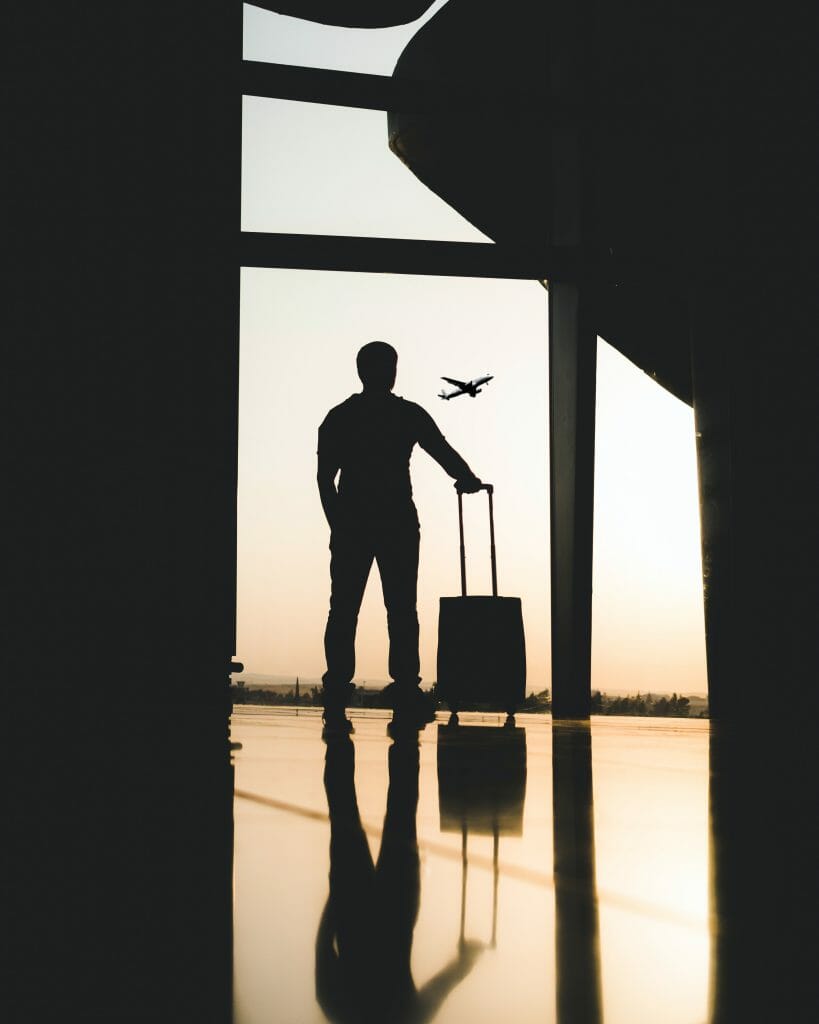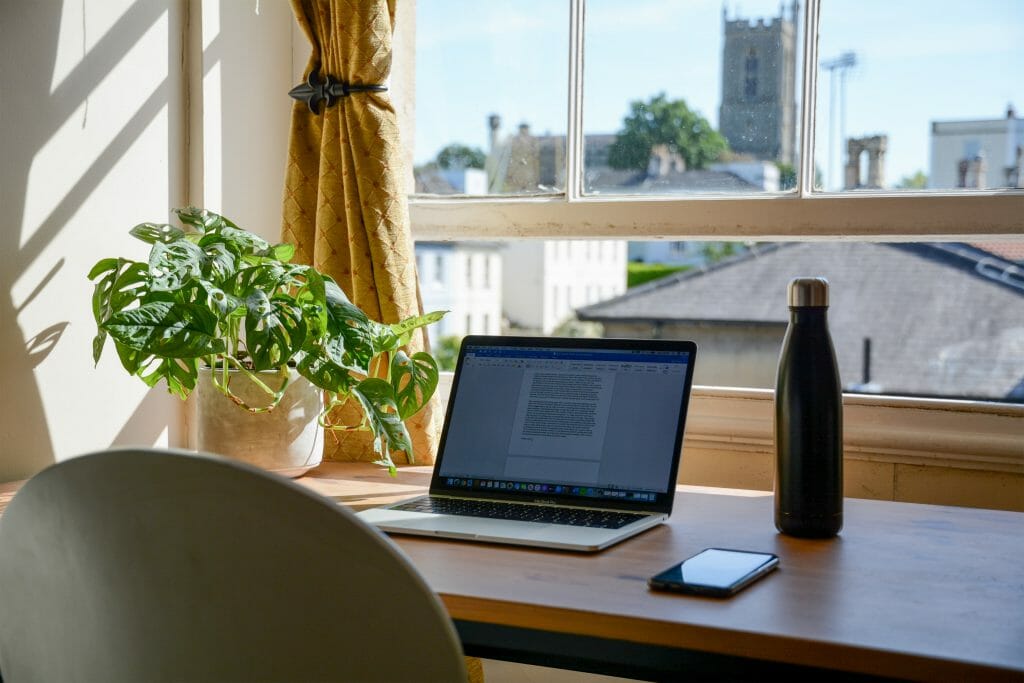If you’re self-employed, there are costs which you are able to deduct as allowable expenses for your business in 2021/2022. Deducting these allowable expenses as part of your business’s taxable profits, allows us to reduce your income tax.
If your business has turnover of £50,000 in 2021/22, and you have £15,000 in allowable expenses, your taxable profit will be £35,000. This is what you will pay tax on.
Money you take from your business to pay for private purchases, however, does not count as an allowable expense. These cannot be deducted against your business’s profit.
Allowable expenses are available to sole traders and business partners who are registered as self-employed. At the most recent count in April 2021, the UK’s self-employed population stood at around 4.16 million. With an increasing number of the UK population getting COVID-19 vaccines, life is slowly returning to normal. What can you claim in allowable expenses in 2021/22?
Office expenses
It’s possible to claim allowable expenses for items you usually use within your business for less than two years. Items include things like stationery, rents, rates, power bills, and insurance. Business and water rates also fall into this category. Utility bills, business insurance, security, commercial rent, and maintenance or repairs are also included. Buying or building a business premises isn’t classed as an allowable revenue expense.
The costs of installing and maintaining plant or machinery equipment you use, are normally eligible for capital allowances. That is unless you use cash-basis accounting. If you use cash-basis accounting, such costs should be claimed as an allowable expense instead. You should claim capital allowances where you have purchased a car.
The business rates holiday expires at the end of this month.This is used for businesses in the hospitality and leisure sectors that use premises. From 1 July 2021 until 31 March 2022, business rates will be charged at a reduced 34%. You will be able to claim this as an allowable expense in 2021/22.
Travel expenses
The UK was in the grip of three COVID-19 lockdowns during 2020/21. As a result it’s likely claims for travel expenses will be subdued when 2020/21 tax returns are filed. As the economy gradually reopens, a spike in claims for travel expenses is likely, over the course of the year.
Costs relating to cars, vans and travel expenses are all allowable, unless they’re not related to the business. For example your commute to work or when you’ve been fined, perhaps for a speeding or parking misdemeanour. This encompasses quite a wide scale of travel-related business expenses you could claim. Vehicle insurance, repairs or services, hotel rooms, and fuel are also included.
You can claim back these allowable expenses before we calculate your taxable profit. But make sure you keep receipts or other proofs of purchase.
Staff costs
Small and medium-sized employers account for around 60% of employment in the UK’s private sector. For those who are self-employed and employ staff, you can claim salary and benefits as an expense. It’s possible to claim on employees’ wages and redundancy payments, as well as employer’s National Insurance contributions (NICs).
You can also claim insurance and pension benefits for employees. This includes any employee childcare provision you make, and training costs.
It’s not possible to claim your own wages, salary or other money drawn from the business. Your own NICs, income tax, pension costs or life insurance are also not included.
Home-working
Working from home has become the norm over the last year, for both the self-employed and employees. Previously limited to a handful of freelancers, the COVID-19 pandemic saw 47% of the UK’s 32 million employees follow suit. Separate allowances apply to home-working employees.
The self-employed can claim a proportion of the costs of their household bills. This can be for things like lighting, heating, cleaning and insurance. Mortgage interest, council tax, water rates, and general maintenance can also be included. The bad news is you can’t include all of your bills.
The figures you submit should be based upon a percentage of your actual household bills. To arrive at these figures, you should use a reasonable method. For example, using the area or number of rooms used for business, and the amount of time it’s used for work. If you intend to become self-employed in 2021/22, you might need to change your home insurance to reflect that. You can reclaim that as an allowable expense.
HMRC have a simplified expenses system. If you are working from home for 25 hours or more each month, you might be able to use that. We can talk you through this.
Residential landlords
A number of residential landlords have incorporated their businesses since April 2017. This is due to the valuable finance cost relief beginning to be tapered.
For those who continue to operate as a sole trader or in a business partnership, finance cost relief on residential properties is restricted to the basic rate of income tax (20%) in 2021/22. You can, however, continue to deduct many of the expenses you incur when letting out residential properties.
On top of the expenses already mentioned, examples of allowable expenses include landlord insurance, letting agents’ fees, and the costs involved with paying cleaners or gardeners. You can also reclaim what we charge you for our services. Plus, any legal fees for lets of a year or less, or for renewing a lease of less than 50 years.
Allowances for landlords
In some circumstances, residential landlords might be eligible for the annual investment allowance and replacement of domestic items relief.
The annual investment allowance is worth £1m in same-year tax relief until 1 January 2022. At which point the amount available will revert back to £200,000. This applies to capital investments in plant and machinery assets.
Domestic items relief replaced the old wear-and-tear allowance back in April 2016. This only applies to items you’re replacing, such as beds, carpets, crockery or cutlery, curtains, white goods, or sofas.
It’s not possible to claim tax relief on the cost of furniture or appliances for the first time. It can only apply when an item is genuinely replaced and no longer used in the property.
Start your 2020/21 tax return
With COVID-19 likely to subdue the amount of allowable expense claims in 2020/21 tax returns, there’s no time like the present to get started on yours. It’s more pressing if you submit a paper return, with a midnight deadline on 31 October 2021. For digital returns, the deadline is midnight on 31 January 2022.
There’s no reason why you can’t get ahead of the game and file your return. Share your 2020/21 records with us and we can take it from there.
Take a look at our 50 Step Tax Return blog here to find out more about the process and how we can help you.
Talk to us about allowable expenses.




